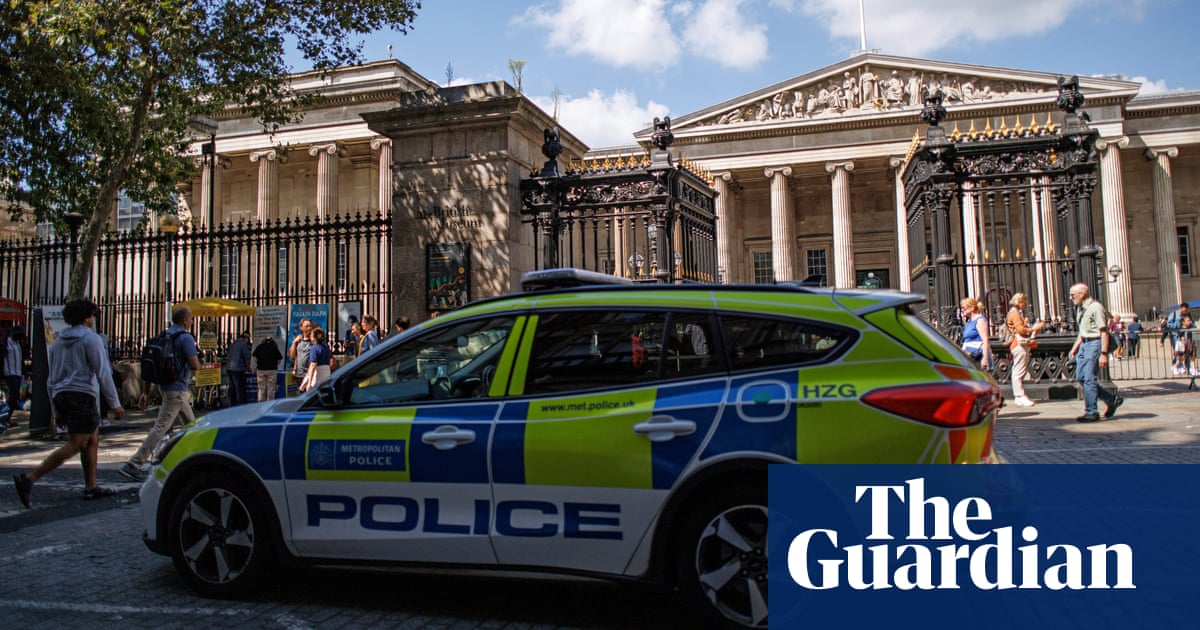
Problem drinkers are consuming far more alcohol than usual because they are so stressed at being isolated and deprived of support under the lockdown, doctors have revealed.Yet they are struggling to get help because the NHS is so busy dealing with patients with Covid-19, and because specialist treatment services for addicts have been cut, they said.
“Alcohol services across the UK are seeing that some of their clients are drinking much more and becoming even more chaotic in their lifestyles,” said Dr Emily Finch, an NHS addiction psychiatrist and the vice-chair of the addictions faculty at the Royal College of Psychiatrists.
Upset at no longer being able to see relatives and friends, people in their 40s, 50s and 60s are drinking even larger quantities of cheap alcohol, such as white cider, strong lager and wine, than they consumed in pre-Covid times, she added. Plunging into such dangerous habits risks damaging both their physical and mental health.
There are an estimated 587,000 dependent drinkers in England.
“Over half the people referred to my team in recent weeks have been for alcohol and drug problems, but mainly alcohol problems, linked to the lockdown,” said Dr Tony Rao, a consultant psychiatrist at the South London and the Maudsley hospital group, which is the NHS’s largest mental health trust. “Their problems have been worsened because they are socially cut off.
“People having less support and direct face-to-face contact with family and friends, and the fear that they might get Covid is fuelling anxiety, which is leading people to drink more than they used to.”
His clients – all over 65 – include people who had managed to stop drinking far in excess of the recommended levels but have recently relapsed under the psychological pressures of not being allowed to mingle under social-distancing rules. “Self-isolation has been such a powerful life event that it’s pushed people back into drinking dangerously, because they feel stressed at the lack of immediate family support with whom to discuss their emotional and mental health problems.
“Covid itself is acting as a trigger for relapse into [problem] drinking. If all people hear about on the TV and radio is Covid, an inherently terrifying event, that’s not surprising”, added Rao.
Alcohol sales in Britain were 30% higher than usual in March, as people prepared for, and became used to, living under the lockdown, which began on the 23rd of the month. One in five of Britons who drink – about 8.6 million people – have begun drinking more often since then, according to recent research by the charity Alcohol Change UK, which represents alcohol service providers.
However, its survey of more than 2,000 people also found that 35% of those who usually consume alcohol have cut down and 6% have given up: this comprises about 1.4 million people.
The number of people seeking help from Alcohol Change UK for problem drinking is soaring. While 4,089 sought advice from the “get help now” section of its website between 23 March and 30 April last year, it had 20,067 visits in the same period this year.
Dr Richard Piper, Alcohol Change UK’s chief executive, said: “Covid-19 and the resulting lockdown are having wide-ranging impacts on people who face alcohol harm, across the spectrum of severity. [They include] heavy drinkers with complex needs, such as homelessness and mental health problems, who often make very heavy use of emergency services for support.”
He added: “Services across the country have reported that this group of people is facing new or worsened challenges as a result of Covid-19. They risk fatal unplanned withdrawal if they have an interrupted alcohol supply during lockdown; they may be vulnerable to exploitation if they rely on others to buy them alcohol; and while temporarily housing homeless drinkers in hotels is a positive step, it could increase the risk of unobserved withdrawal and exploitation still further.”












